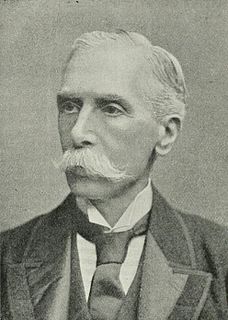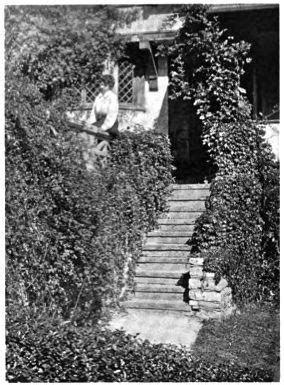A Quote by Alfred Austin
A garden that one makes oneself becomes associated with one’s personal history and that of one’s friends, interwoven with one’s tastes, preferences and character and constitutes a sort of unwritten autobiography.
Related Quotes
The sort of dependence that results from exchange, i.e., from commercial transactions, is a reciprocal dependence. We cannot be dependent upon a foreigner without his being dependent on us. Now, this is what constitutes the very essence of society. To sever natural interrelations is not to make oneself independent, but to isolate oneself completely.
Even personal tastes are learned, in the matrix of a culture or a subculture in which we grow up, by very much the same kind of process by which we learn our common values. Purely personal tastes, indeed, can only survive in a culture which tolerates them, that is, which has a common value that private tastes of certain kinds should be allowed.
I think the media in America have been absolutely fantastic about the rise of Trump, they've kept a firm eye on the ball: this constitutes democracy, this constitutes transparency, this constitutes fairness, this constitutes the way to behave in a civic society, this constitutes fascism, this constitutes authoritarianism. They're drawing that line, and they're calling him out every time. That's really what needs to happen, and you just have to do that.
The history behind the Garden and all the players that have come through and played on that court in the Garden, I think that the history is the reason why it still is, in my mind, the mecca of basketball. It definitely draws me in. That's the thing about New York; that's a big thing about the history, and the Garden is a big part of that.
Personal history must be constantly renewed by telling parents, relatives, and friends everything one does. On the other hand, for the warrior who has no personal history, no explanations are needed; nobody is angry or disillusioned with his acts. And above all, no one pins him down with their thoughts and their expectations.
The autobiographer looks at life through the lens of his or her own life and really uses herself or himself as the jumping-off place to examine the social mores and the economic and political climates. In a way, the autobiography becomes history as well as the story of one person, for it becomes the story of a family or the story of the state or nation.
Every acceptance of suffering is an acceptance of that which exists. The denial of every form of suffering can result in a flight from reality in which contact with reality becomes ever thinner, ever more fragmentary. It is impossible to remove oneself totally from suffering, unless one removes oneself from life itself, no longer enters into relationships, makes oneself invulnerable.
Nothing can alter the character of God. In the course of a human life, tastes and outlook and temper may change radically: a kind, equable man may turn bitter and crotchety: a man of good-will may grow cynical and callous. But nothing of this sort happens to the Creator. He never becomes less truthful, or merciful, or just, or good, than He used to be.
That is what the highest criticism really is, the record of one's own soul. It is more fascinating than history, as it is concerned simply with oneself. It is more delightful than philosophy, as its subject is concrete and not abstract, real and not vague. It is the only civilized form of autobiography.
I think one of the things that I took from Mel [Bochner] specifically was his ability to look at oneself and one's relationship to the history of art and the practice of art at arm's length, the ability to sort of clinically and coldly remove oneself from the picture and to see it simply as a set of rules, habits, systems, moving parts.





































